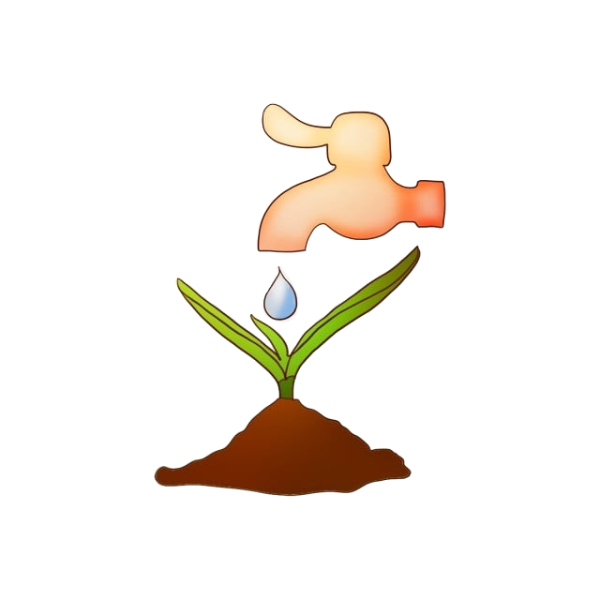Master Degree All courses taught in the Department emphasize both theory and practice. The four-year program is built upon fundamental courses of computing, ecology, geology, botany, meteorology, hydrology, engineering mechanics, soil physics, and soil erosion. Watershed management, vegetative engineering and resource conservation are taught to equip students with knowledge and techniques of soil and water […]
Department of Soil and Water Conservation, National Chung Hsing University, Taiwan
The Department of Soil and Water Conservation was established in 1964 in recognition of the importance to conserve the soil and water resources in the country. The graduate program of M.S. degree was initiated in 1974 and then Ph.D. program in 1987. This department is one of the sole departments in the whole country.
A history of soil concepts: soil science community is slow to adopt terms of “soil health,” “soil fertility,” and “soil conservation”, but the concepts gain momentum over time
A history of soil concepts The idea that soil is a resource to be protected has become more widespread in the last century; this raises the question how do concepts like “soil health,” “soil fertility,” and “soil conservation” make their way through the scientific literature and into public awareness? A historical analysis by SWAC postdoc […]
Job: Researcher in ecophysiological modeling for agro-ecology
Broadcast end date 02/16/2022 CIRAD is recruiting a researcher experienced in modeling genotype-phenotype relationships in various cropping systems. You will be positioned within the UMR Genetic Improvement and Adaptation of Plants (AGAP institute) in the Phenotyping and modeling of plants in their agro-climatic environment (PhenoMEn) team. Your missions will be to acquire and mobilize knowledge […]
IIT-Kanpur Develops Soil Testing Device
Researchers from the Indian Institute of Technology Kanpur have developed a portable soil-testing device capable of detecting soil heath in just 90 seconds. Using this embedded mobile application-based tool, farmers can check the health of the soil on their own, and know the amount of fertiliser they need to use for a particular crop. […]
UNEP FAO: United Nations Decade on Ecosystem Restoration 2021 – 2030
PREVENTING, HALTING AND REVERSING THE DEGRADATION OF ECOSYSTEMS WORLDWIDE. The UN Decade on Ecosystem Restoration is a global rallying cry to heal our planet. What will you restore? Learn to restore NINE MORE YEARS TO RESTORE THE PLANET There has never been a more urgent need to revive damaged ecosystems than now. Ecosystems support […]
UNEP Champions of the Earth: SEA WOMEN OF MELANESIA – INSPIRATION AND ACTION
https://www.unep.org/championsofearth/laureates/2021/sea-women-melanesia The United Nations General Assembly has declared the years 2021 through 2030 the UN Decade on Ecosystem Restoration. Led by the United Nations Environment Programme (UNEP) and the Food and Agriculture Organization (FAO) of the United Nations together with the support of partners, it is designed to prevent, halt, and reverse the loss […]
IHE Delft: MSc Programme in Water and Sustainable Development
Application for admission Application for admission to the programme is open now, click here for more information. This programme targets early and midcareer water professionals, who have the ambition to gain knowledge and skills to tackle water challenges while enhancing their career opportunities within the water sector or related organizations. https://www.un-ihe.org/msc-programme-water-and-sustainable-development
NC State University: Online course on Soil Science
APPLICATION DEADLINESAugust 14 for FallJanuary 2 for SpringMay 11 for Summer Undergraduate Certificates | Soil Science | Courses Soil Science online courses are designed to provide convenient access to the training that is often required for career advancement. Find descriptions of our courses for the Undergraduate Certificate in Soil Science below. Total hours required for […]
University of Bern: PhD in agro-hydrological modelling for integrated climate change impact studies
Application deadline: 31 January 2022 The Oeschger Centre for Climate Change Research (OCCR) in connection with Agroscope is seeking an enthusiastic PhD candidate with a background in environmental sciences and a strong interest in interdisciplinary research to address pressing management challenges in the face of progressing climate change. Starting date: April 2022 or upon […]
